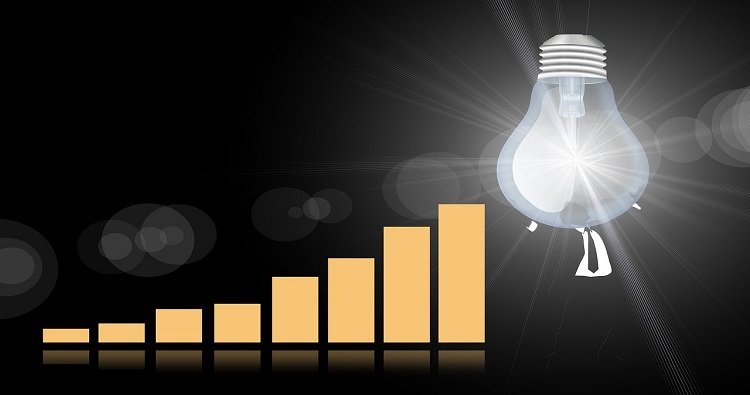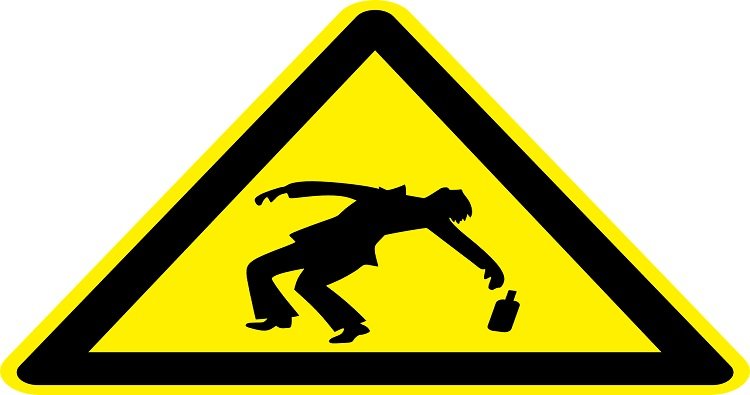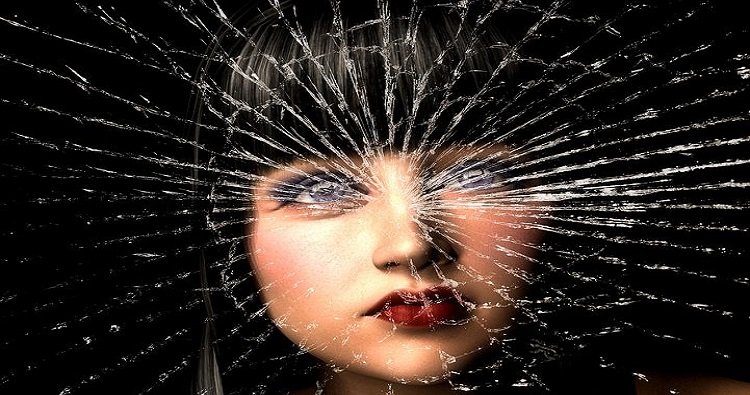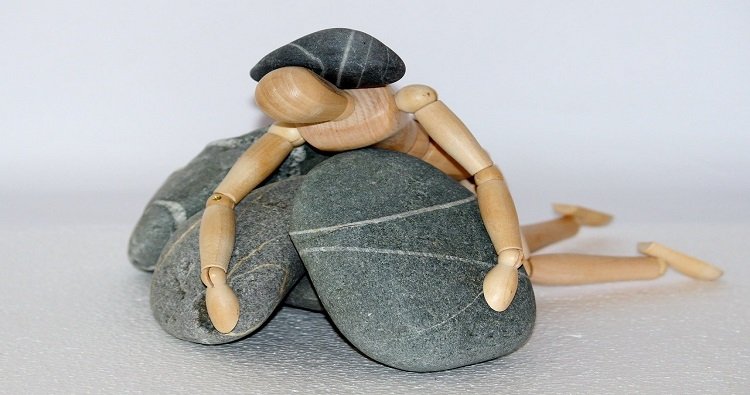- + 91 9958444373
- Malviya Road Dehradun, UK, India.
Blogs detail

Mental Health India - Statistics
- 2020-07-18
In 2017, India acknowledged “Right to life” (as interpreted by Supreme Court, to not just safeguard the mere act of breathing and existing but also to ensure the safety of life and human dignity), by enacting ‘National Mental Healthcare Act’, “to provide for mental healthcare and services for persons with mental illness and to protect, promote and fulfill the rights of such persons during delivery of mental healthcare and services.”
But how do we achieve this when the percentage of mental health care experts itself is low. India has 9000 psychiatrists or one psychiatrist for every 100,000 people. A report by World Health Organization, WHO, revealed that 7.5 percent of 1.3 billion population of India suffers from a mental illness, the most prevalent being depression and substance abuse disorder and the treatment gap, defined as the prevalence of mental issues and the proportion of patient that get treatment is over 70 percent.
Earlier, WHO predicted that by 2020, 20 percent of India’s population will be affected by some form of mental disorder, and considering the hit of a global pandemic, more than 200 million Indians may have mental illnesses.
Every second employee working in the corporate sectors of India suffers from depression or anxiety disorder, i.e., 42.5 percent of employees of India. – A study by the British Charity, Mental Health Research UK, 2019.
The younger generation aged between 15-39 years holds 35 percent of the population of India, wherein suicide was the leading cause of death among them (Lancet Global Study). The famous Bollywood actor ‘Sushant Singh Rajput’s suicide’ shook the whole nation, which suggests that mental illness can hold a grasp on anyone, and not just who have had a rough childhood or comes from poor socio-economic background.
The stigmas associated with mental illness in India, lack of awareness, and myths surrounding mental illnesses, suggest that only 10-12% of the sufferers seek professional help. The Live Love Laugh Foundation (TLLLF) conducted a national survey in 2018, on How India Perceives Mental Health, which revealed that 87 percent showed some awareness about mental illnesses, 71 percent also used terms associated with the stigma of mental illness.
In our country, perceiving or acknowledgment of mental illness is affected by misconceptions turned into myths supported by superstitions, occult beliefs, witchcraft, etc. Most people are in denial or hesitate to accept that they are suffering from a mental illness. Not only do we have to aware people about mental health, but we also need to highlight the absurdity of stigmas, age-old prejudices, and fears attached to mental illness.
To enunciate this, the government of India has set aside a budget fund for mental health, 500 million rupees in 2018, which was further reduced to 400 million rupees in the following year. India has used only 50 million rupees annually on mental health, which means, considering 150 million people requiring urgent mental health care, only 33 paise was spent per mental health patient.
Nowadays, people are aware of all sorts of regimes, foods, fitness bands, exercises for betterment of physical health, but when pinned down to mental health, people aren’t even aware, much less concerned, if they are suffering from some form of mental illness and how it affects one’s performance in all aspects of life, including degradation physical health.
The spread of Covid-19 was a bombshell dropped to the entire world. India, where unemployment already existed to an extent, due to this pandemic, there will be more mental illness cases occurring due to the rise in unemployment. The economic sector has already taken a huge blow due to Covid-19, and the situation can worsen in consequence with mental health, so let us just hope. The Great Depression does not occur again.
The statistic revealed how in urgent need we are to create awareness about mental illnesses. Importance should be given to mental health as same as physical health because they go hand in hand. Whence, we should correctly advertise about mental illness and mental health, starting from ourselves, our families, friends, and society.
Contact now
We are a group of health professionals, including Psychologists, Clinical psychologist, Rehabilitation Psychologist, Counsellors, Mindfulness Experts and Social Workers. We are working since 2018 in India to foster mental health.
Contact Us
recent blogs
-

SADNESS AND DEPRESSION ARE DIFFERENT!
2020-06-16 -

ALCOHOL USE DISORDER (AUD)
2020-06-19 -

SEASONAL AFFECTIVE DISORDER (SAD)
2020-06-12 -

UNDERSTANDING MINDFULNESS MEDITATION
2020-06-03 -

BURDEN OF DEPRESSION
2020-06-17







